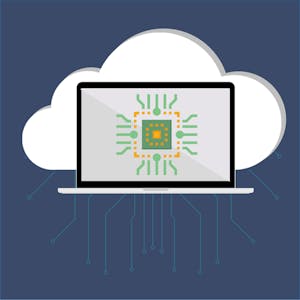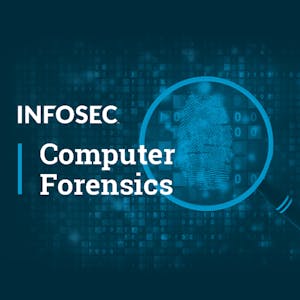Statistics & Mathematics for Data Science & Data Analytics
About this Course
This course equips you with essential statistical and mathematical tools to become proficient in data science and analytics. You will learn key concepts in descriptive statistics, probability theory, regression analysis, hypothesis testing, and more. By the end of the course, you will have a deep understanding of how statistical methods can be applied to solve real-world data problems and enhance data-driven decision-making. The course begins with an introduction to the basics of descriptive statistics, such as measures of central tendency, dispersion, and the differences between sample and population data. You will then explore distributions, including the normal distribution and Z-scores, and how to apply them in various scenarios. The journey continues with probability theory, where you will tackle concepts like Bayes\' theorem, expected value, and the central limit theorem, building a solid foundation for statistical analysis. Next, you will dive into hypothesis testing and learn how to perform tests like t-tests and proportion testing. You will also understand the significance of confidence intervals, the margin of error, and Type I and Type II errors. The regression section teaches you how to predict data values using linear regression, explore correlation coefficients, and analyze model accuracy with metrics such as MSE and RMSE. This course is ideal for aspiring data scientists, analysts, and anyone who wants to use statistics to interpret data. No prior knowledge of statistics is required, though familiarity with basic mathematics will be helpful. The course is structured to be engaging and practical, offering exercises and real-world applications that allow you to practice your skills.Created by: Packt

Related Online Courses
This is a self-paced lab that takes place in the Google Cloud console. Google Cloud Dataprep is an intelligent data service for visually exploring, cleaning, and preparing data for analysis. Watch... more
With more companies leveraging software that runs on the Cloud, there is a growing need to find and hire individuals with the skills needed to build solutions on a variety of Cloud platforms.... more
This course examines how the digestive system processes food, absorbs nutrients, and eliminates waste. Learners will explore the roles of the stomach, intestines, liver, pancreas, and gallbladder,... more
In this course, you learn how to create APIs that utilize multiple services and how you can use custom code on Apigee. You will also learn about fault handling, and how to share logic between... more
In the Digital Forensics Concepts course, you will learn about legal considerations applicable to computer forensics and how to identify, collect and preserve digital evidence. This course dives... more








